By Liel Leibovitz
Earlier this month, after Rep. Ilhan Omar accused American Jews of dual loyalty and the Israel lobby of purchasing undue influence, the House passed a resolution that did not mention Omar by name and that condemned not only anti-Semitism but every other conceivable form of bigotry. Doing his best to hide his disappointment, Rep. Eliot Engel, who chairs the Foreign Affairs Committee, said, “I wish we had had a separate resolution about anti-Semitism. I think we deserved it.”
The congressman can take heart: A new resolution, drafted by Ted Cruz and slated to be introduced in the Senate this week, delivers everything that the Democrats’ muddled manifesto did not. “Anti-Semitism,” it declares in its very first sentence, “is a unique form of prejudice.” It’s precisely the sort of statement—factually true and morally clear—that so many American Jews hoped to hear after Omar made her inflammatory comments, and had the new resolution said nothing more it still would’ve been enough. But in four brief paragraphs, Cruz’s initiative delivers not only a much-needed course correction but also an education on the specific historical evils of anti-Semitism and an elucidation of the real key differences between both political parties when it comes to understanding and honoring the concerns of American Jews. For these reasons, it merits a close reading.
Click here for the rest of this article.



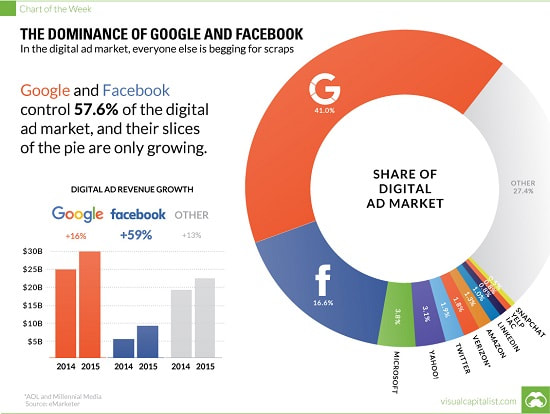

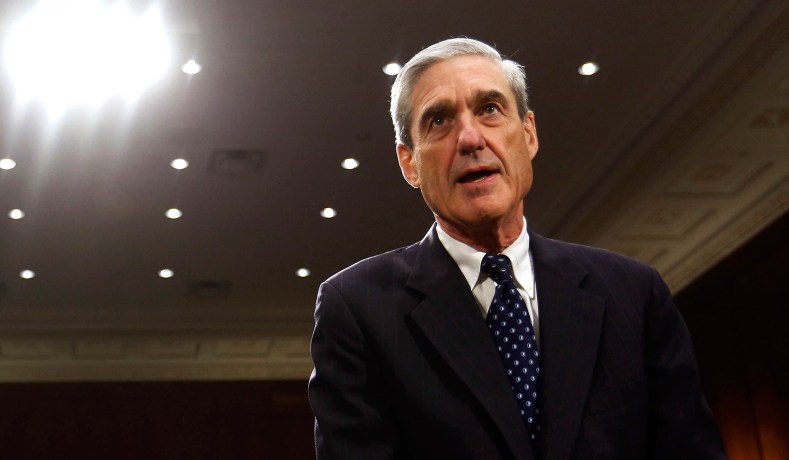
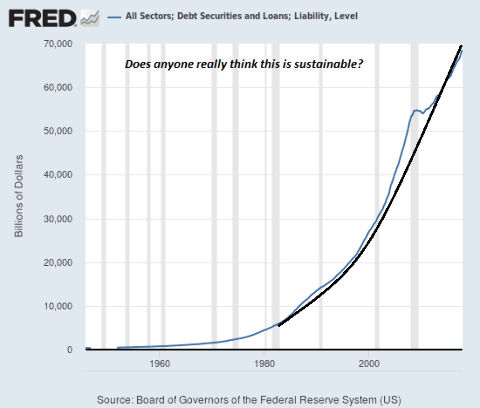
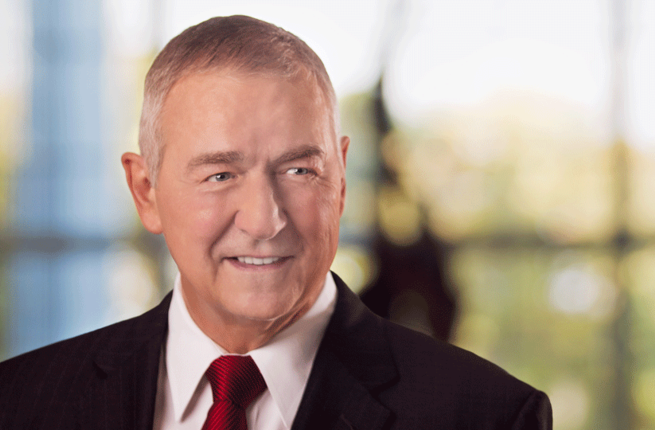


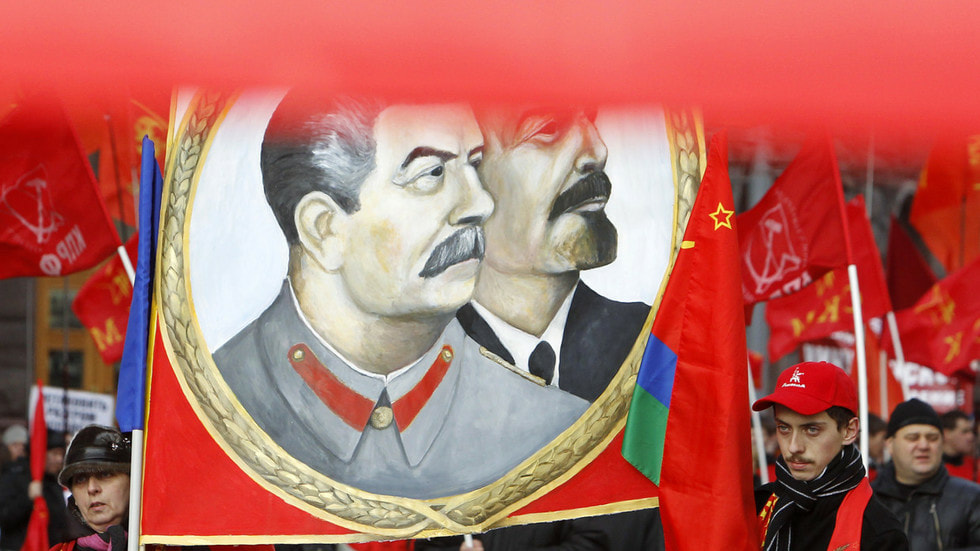
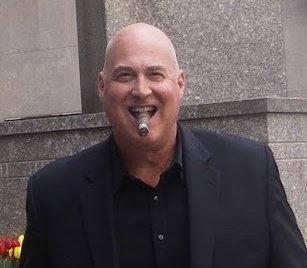

 RSS Feed
RSS Feed
